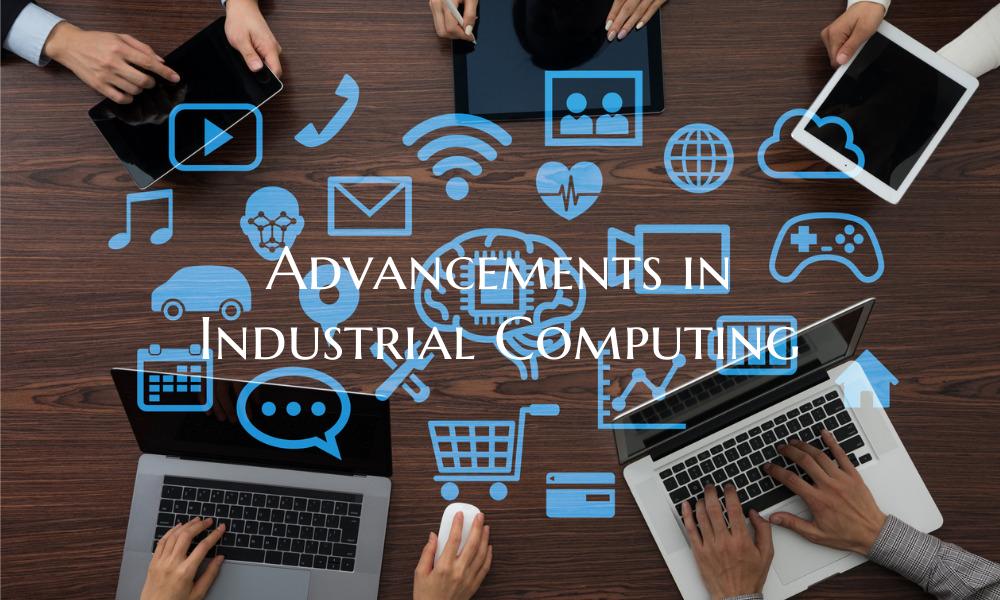Advancements in Industrial Computing
In the rapidly evolving landscape of industrial operations, the continuous advancements in industrial computing technologies have brought about transformative changes to the way businesses operate and optimize their processes. Industrial computing refers to the use of specialized hardware and software in industrial settings to control processes, monitor equipment, and collect and analyze data for improved efficiency and decision-making. The integration of cutting-edge technologies in industrial computing has paved the way for more streamlined operations, greater automation, and enhanced productivity across various industries.
One of the key advancements in industrial computing is the adoption of Industrial Internet of Things (IIoT) technology. By connecting industrial equipment, sensors, and devices to a centralized network, IIoT enables real-time data monitoring, predictive maintenance, and remote control of industrial processes. This connectivity allows for the collection of massive amounts of data, which can be analyzed to identify patterns, optimize operations, and drive informed decision-making. IIoT has revolutionized industrial computing by enabling the implementation of smart factories and digital twins, where virtual representations of physical assets and processes can be used to simulate and optimize operations before making changes in the real world.
Another major development in industrial computing is the rise of edge computing. Traditionally, industrial data was processed in centralized systems, which could lead to latency issues and bandwidth constraints. Edge computing brings data processing closer to the source, enabling real-time analysis and decision-making at the network edge. This not only reduces latency and improves response times but also enhances data security and privacy by processing sensitive information locally. Edge computing has become essential in industrial settings where real-time processing and decision-making are critical for operational efficiency and safety.
Artificial intelligence (AI) and machine learning have also played a significant role in advancing industrial computing capabilities. By leveraging AI algorithms and machine learning models, industrial systems can automate complex tasks, predict equipment failures, and optimize processes for improved performance. AI-powered analytics enable industrial operators to gain valuable insights from their data, identify anomalies, and make data-driven decisions to enhance efficiency and productivity. The integration of AI in industrial computing has the potential to transform traditional manufacturing processes into highly adaptive, data-driven operations.
In conclusion, advancements in industrial computing technologies are driving a new era of innovation and efficiency in industrial operations. The convergence of IIoT, edge computing, and AI is reshaping the way industries collect, process, and utilize data, leading to smarter and more connected industrial ecosystems. As businesses continue to embrace digital transformation, the role of industrial computing will only grow in importance, enabling organizations to stay competitive, agile, and responsive to evolving market demands.

